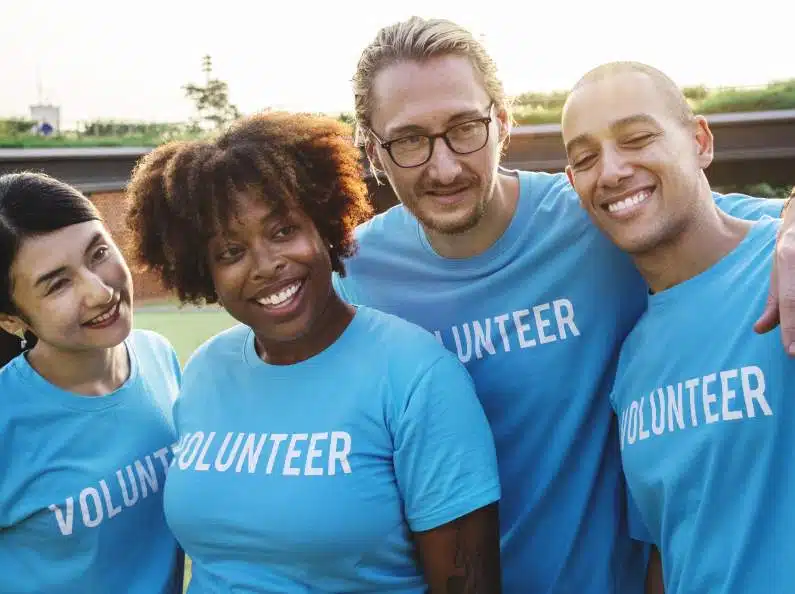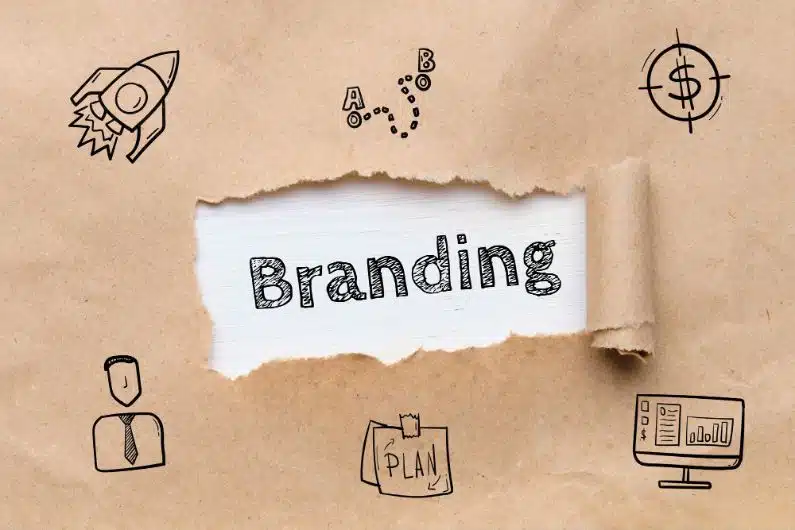Non-governmental organizations (NGOs) and translation go hand in hand, as specialized knowledge needs to be shared between partners in order to carry out transformative work in the fields of sustainable development, disaster relief, and even inside local organizations with multicultural contexts.
If I asked who your key stakeholders were, you might mention your board of directors, funding institutions, donors, and beneficiaries. Having worked inside an NGO and as a translator for NGOs, we want to demonstrate why your translator could be one of your key partners and how to help this relationship thrive, increasing the impact of the vital work you do.
Common Interests Between NGOs and Translators: Relevance and Capacity Building
The social demand on NGOs for transparency and relevance has never been greater. Therefore, delivering the right words to the right people has never been more important for the non-profit sector. Reputation is everything when you have the challenge and privilege of channeling supporters’ contributions effectively.
Each communication piece requires you to carefully report relevant information and deliver it in the right tone. No doubt, there are specific terms that you choose and others that you avoid, to reflect the beliefs and values of your organization. This is where a professional, human translator can become a key partner for your organization.
A professional translator is trained to identify the register of your text and carefully translate this text for a new audience. They have the ability not only to communicate your message accurately, but also to reach your audience with the appropriate tone and to reflect your values. This empowers you to build new relationships and cement long-standing partnerships, therefore building your capacity.
As the Relationship Progresses: Seeing Your Translator as a Long-Term Partner
Navigating a new relationship can be tricky. If you haven’t integrated professional translation into your communications strategy before, the following questions will help you find the most compatible translator for your organization.
- Have you worked with non-profit organizations before?
- Do you hold professional translation qualifications?
- How many years’ experience do you/your translators have?
If you work with experienced, professionally qualified translators with an interest in the non-profit sector, you will soon begin to find common ground. As the relationship progresses, your translator can learn more about the DNA of your organization, better understanding your mission, values, and goals. Like all good partnerships within the non-profit sector, long-term is best. This allows you to plan for translation in terms of campaigns rather than individual texts, thus achieving better value and quality for you and your stakeholders. To get more out of this partnership, imagine your translator asking these questions:
- Describe your target audience. Do you have an existing relationship with them?
- Does this text belong to a larger campaign?
- Are there particular terms that you prefer to use/avoid within your organization?
Contextual information such as this allows translators to understand how you work and results in a specially tailored translation for your organization.
Translation and Development: Another Reason for NGOs to Find a Compatible Partner
Translation has the potential for impact beyond the important tasks of networking and fundraising. From 2015 to 2018, NGO practitioners and translation experts came together to investigate the importance of translation within the non-profit sector in the Listening Zones project. The report found that translation is often considered an afterthought and NGO partners suffer as a result.
However, when language learning and translation are considered an integral part of development work, this can contribute to successful development programs, because “communities can both access and contribute information, understand objectives, and take full ownership of development projects.” Professional translators specialize in bridging the gap between language communities, creating a more even playing field, and helping you fulfill your mission as an NGO.
Thus, it is worth taking time to find a compatible translator and invest in long-term planning, to develop the best partnership for you, your supporters and your benefactors.
Contact us at BeTranslated today to inquire about our services. We offer translations into most of the world’s languages with a focus on French, German, Spanish, Italian, Dutch, and Scandinavian and Eastern-European languages.





